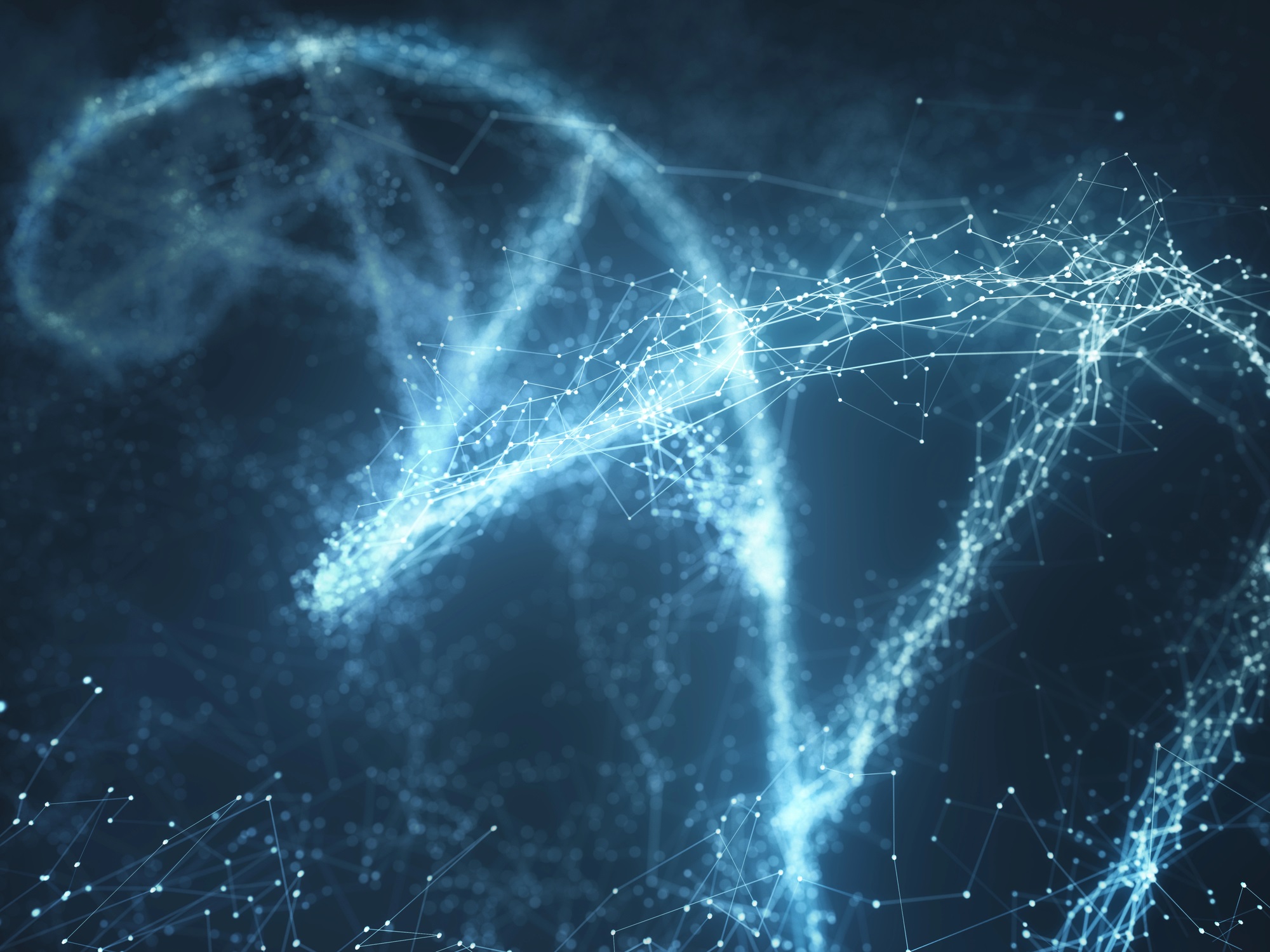
Recent research on Autism has shifted the spotlight onto genetics and the intricate role of RNA in brain development. One of the recent research conducted by scientists at Northwestern Medicine and the Broad Institute of MIT and Harvard reveals that manipulating specific RNA strands might pave the way for innovative treatments of neurodevelopmental disorders in humans. This groundbreaking discovery holds potential therapeutic value for conditions such as epilepsy and autism.
CHD2 gene
A gene making too much protein can harm brain growth and function. People with too much protein from the CHD2 gene can have a rare disorder that affects their ability to walk, speak, and learn. Most RNAs create proteins, but long non-coding RNAs do not make proteins. Instead, they help control how genes work. These long non-coding RNAs are found in a large part of the genome that we don’t know much about.
Researchers are increasingly interested in understanding how these long non-coding RNAs affect genetic regulation and what role they may play in various diseases. Recent research has revealed that deleting a specific long non-coding RNA can alter the expression of the CHD2 gene. This gene needs to have its activity level just right, as too much or too little can lead to problems.
The research investigated three patients with too much protein made by their CHD2 gene. Among the three patients is a girl named Emma Broadbent. Emma, who is 8 years old, faces several challenges, including being unable to speak, needing a wheelchair, and having serious learning difficulties. Her condition is linked to a gene called CHD2.
Emma’s father, Brian, discovered this link while looking into her gene results and worked with researchers to find more patients like Emma. Their work may help future children with similar conditions by advancing scientific understanding.
Gene-targeting treatments
Researchers aspire to mitigate epilepsy and neurological disorders through the deployment of gene-targeting treatments, aiming to rectify the underlying genetic mutation. By elucidating non-coding areas that regulate gene expression, such as CHASERR, her team explores leveraging their comprehension of the human genome to devise precise genetic interventions.
Community and support systems
While much attention is given to the scientific advancements in understanding autism, it is equally crucial to highlight the community and support systems in place for families affected by this condition. We at Illinois Autism Center are at the forefront of providing essential services and support for families affected by autism.
Our approach integrates the latest research findings with compassionate care, ensuring each child receives personalized attention tailored to their unique needs.
Our team comprises experienced professionals who deliver comprehensive diagnostic evaluations, tailored therapy sessions, and ongoing family support. For help navigating the complexities of autism, don’t hesitate to contact us.




